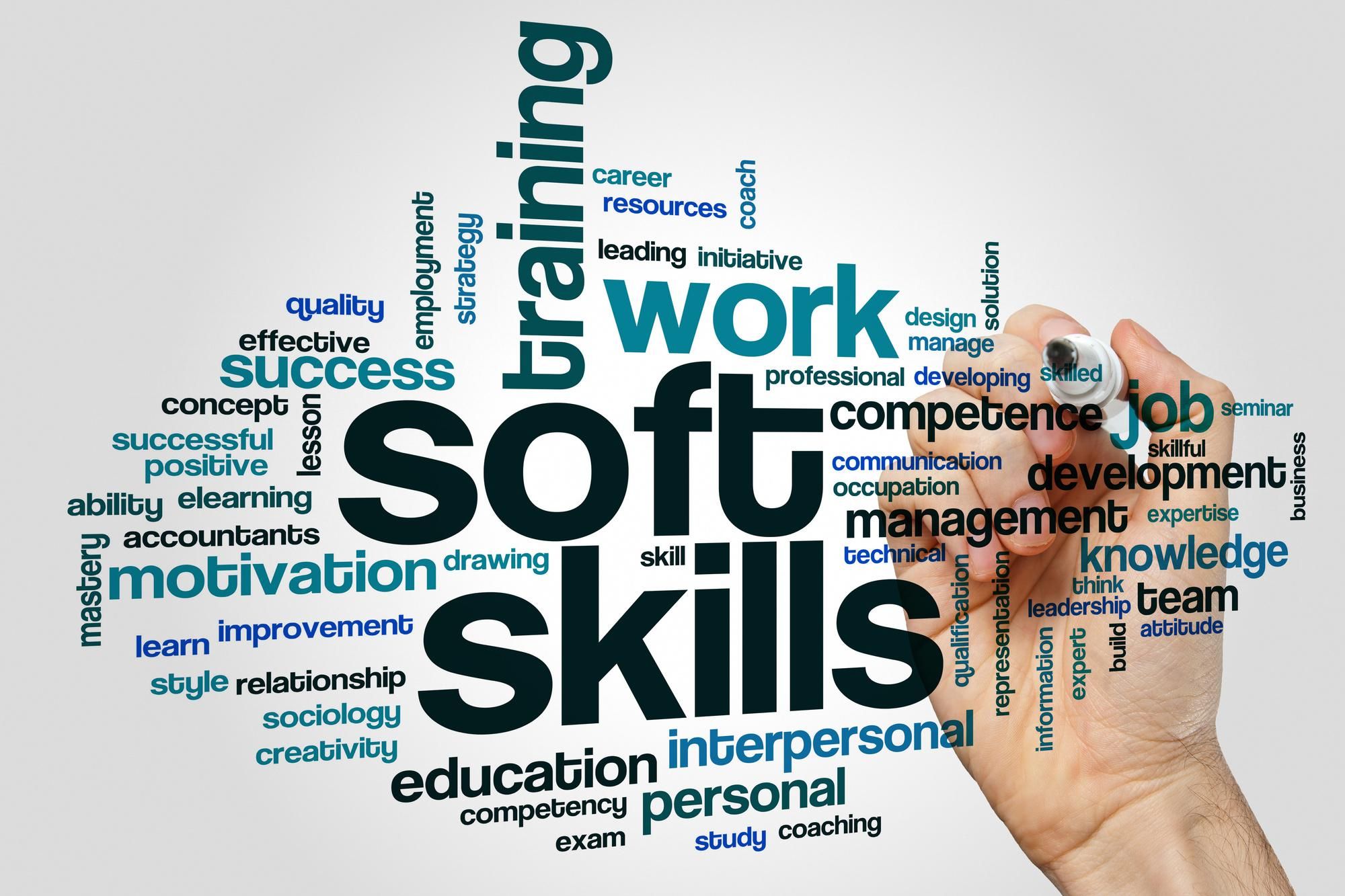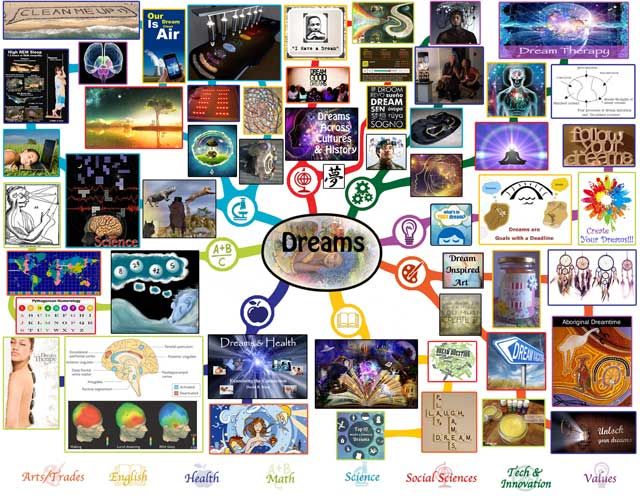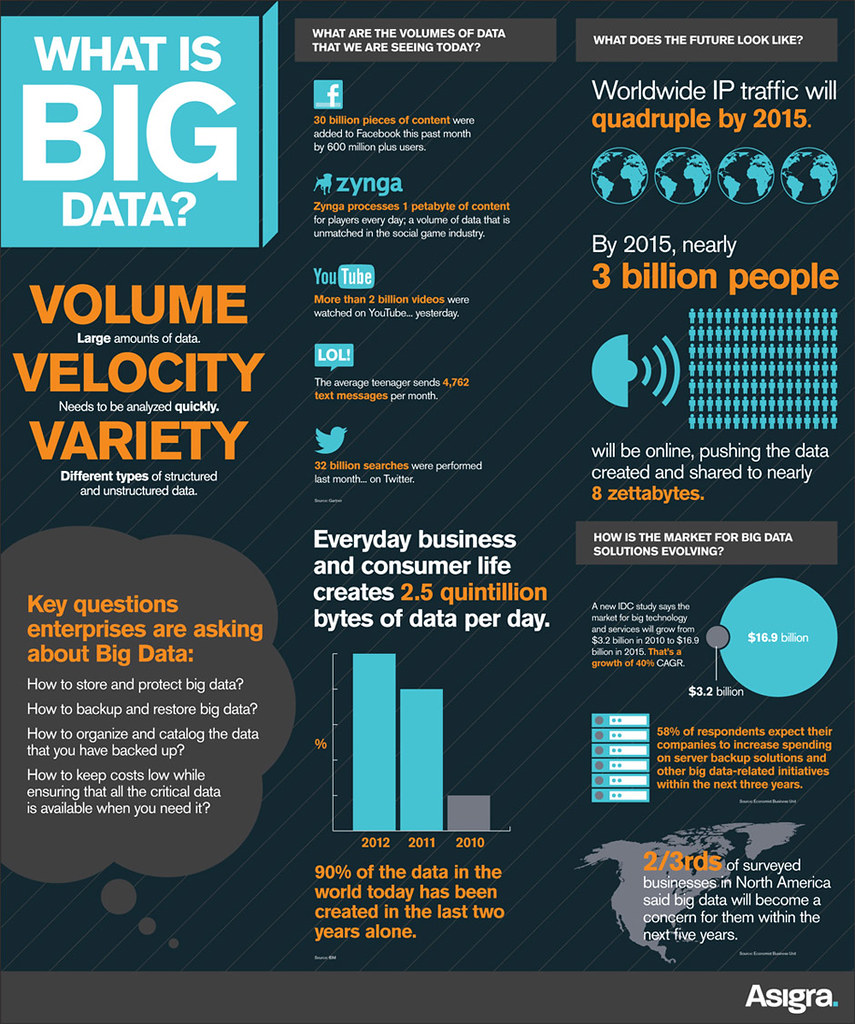
As we look ahead to 2025, the global labor market is undergoing a significant transformation, reshaping not just how we work, but also the skills that define our value in the economy. The concept of a ‘financial checklist’ is evolving beyond traditional budgeting and investments to encompass the proactive development of your career assets – your skills. In an environment where the core skills required for work are expected to change significantly, strategic investment in your capabilities is, without doubt, one of the smartest financial moves you can make.
Indeed, employers anticipate that 39% of workers’ core skills will change by 2030, a substantial shift that underscores the urgency of adaptability. While this represents ongoing skill disruption, it’s also a clear signal that those who proactively manage their skill sets will be best positioned for success. This isn’t just about job security; it’s about increasing earning potential, enhancing career mobility, and building robust financial resilience in a rapidly changing world.
This 2025 financial checklist offers 12 smart moves centered on skill development and adaptation, drawing directly from insights into the future of jobs and skills. These aren’t just theoretical concepts; they are actionable steps you can take right now to ensure your professional value remains high, securing your income streams and bolstering your overall financial well-being. Let’s dive into the first six essential items on your checklist.

1. **Embrace Continuous Learning and Upskilling**One of the most foundational and financially savvy moves you can make is to commit to continuous learning and upskilling. The Future of Jobs Survey highlights a positive global trend, noting that 50% of the workforce has completed training as part of learning and development initiatives, a significant increase from 41% in 2023. This isn’t merely a statistic; it reflects a growing recognition among companies of the critical importance of continuous skill development to manage future skill requirements effectively.
Investing in your own education, whether through formal courses, certifications, or self-directed learning, directly translates into maintaining and enhancing your market value. This proactive approach helps you stay ahead of expected skill disruptions, ensuring that your expertise remains relevant and in demand. Industries like Insurance and Pensions Management, Supply Chain and Transportation, and Telecommunications have seen significant rises in training completion, underscoring this widespread commitment.
Employers expect a substantial portion of their workforce to require training by 2030, with 29 out of 100 workers anticipated to be upskilled within their current roles and another 19 reskilled and redeployed. This demonstrates that organizations are actively seeking to evolve their internal capabilities. By taking the initiative to continuously learn, you align yourself with this crucial trend, positioning yourself as an invaluable asset capable of adapting to new challenges and opportunities.
Read more about: Navigating a ‘Black Hole’ Job Market: A Boomer’s Seven-Year Struggle Against Suspected Ageism and What It Means for Older Workers

2. **Cultivate Analytical Thinking**Analytical thinking consistently remains at the top of employers’ core skill requirements, with seven out of 10 companies identifying it as essential. This isn’t just about crunching numbers; it’s about the ability to break down complex problems, evaluate information critically, and make sound decisions in a data-driven world. As technological advancements continue to drive change, the capacity for critical problem-solving becomes even more crucial.
The increasing importance of AI and information processing technologies directly fuels the demand for analytical thinking. These shifts highlight the growing complexity of decision-making processes across all sectors. Developing this skill means you can effectively interpret vast amounts of data, identify key patterns, and formulate strategic solutions, making you indispensable in roles that require nuanced understanding and strategic foresight.
Analytical thinking is a cornerstone cognitive skill that complements every other capability you develop. It empowers you to not only understand new technologies but also to apply them effectively to real-world business challenges. By sharpening your analytical prowess, you enhance your problem-solving abilities and your capacity for innovation, both of which are highly valued and financially rewarding attributes in any professional environment.
Read more about: Beyond the Billions: Unpacking the 14 Daily Habits That Propel the World’s Wealthiest to Unprecedented Success

3. **Develop Resilience, Flexibility, and Agility**In a world characterized by rapid change and ongoing uncertainty, resilience, flexibility, and agility have emerged as critically important socio-emotional attitudes. These skills rank second among top core skills for employers, alongside leadership and social influence, highlighting the vital role of adaptability and collaboration. The Future of Jobs Survey explicitly identifies these as the most significant differentiator between growing and declining job roles, underscoring their immense value.
Geoeconomic fragmentation and economic uncertainty are directly contributing to the increased importance of these traits. Employers need leaders and teams who can navigate uncertain economic landscapes, adapt to frequent crises, and manage complex social dynamics. Developing your capacity to bounce back from setbacks, adjust to new environments, and pivot effectively makes you a more stable and reliable asset in any organization, especially during periods of flux.
Industries such as Agriculture, Forestry, and Fishing, Telecommunications, and Information and Technology Services are seeing resilience, flexibility, and agility grow in demand particularly quickly. This reflects a broad-based need for workforces capable of enduring and thriving amidst unpredictable conditions. By strengthening these personal attributes, you are not just preparing for job security; you are cultivating a mindset that empowers you to seize opportunities and maintain effectiveness regardless of external challenges.
Read more about: Alica Schmidt’s Viral Hurdles Dancing: Unpacking the Sensation Behind the ‘World’s Good-shaped Athlete’

4. **Master Leadership and Social Influence**Leadership and social influence have seen a substantial increase in relevance, with a 22 percentage-point rise in the share of respondents identifying them as core skills compared to the 2023 report. This demonstrates a clear shift towards valuing individuals who can guide teams, inspire collaboration, and effectively navigate social dynamics within and outside an organization. In an increasingly interconnected and complex world, these human-centric skills are indispensable.
Geoeconomic fragmentation, which often leads to heightened complexity and uncertainty, further drives the need for strong leadership. Employers are seeking individuals who can lead teams through challenging periods and manage intricate social interactions. Your ability to influence others, build consensus, and effectively steer projects and initiatives positions you for higher-level responsibilities and greater impact, directly correlating with career advancement and increased earning potential.
Moreover, the continued relevance of human-centric skills amidst rapid technological advances means that your capacity for leadership and social influence will only become more critical. While technology can automate many tasks, the human element of motivation, team cohesion, and strategic direction remains paramount. Investing in these skills ensures you are not just a contributor but a driver of success within your organization, making this a pivotal financial move for your career trajectory.
Read more about: The AI Revolution: 15 Key Careers Set to Transform (Or Disappear) by 2030 – Are You Ready to Pivot?

5. **Foster Creative Thinking**Creative thinking ranks as the fourth core skill for employers and is also among the skills projected to rise in importance. This capability is crucial for navigating uncertain economic landscapes, as businesses strive to innovate and remain competitive despite market constraints. In a rapidly evolving environment, simply maintaining the status quo is not enough; organizations need fresh ideas and novel approaches to problems.
Complementing technological skills, creative thinking is seen as rising in importance, highlighting the demand for individuals who can combine innovative thought with technical proficiency. This includes the ability to generate new concepts, approach challenges from different perspectives, and develop original solutions that drive value. The Insurance and Pensions Management industry, for example, stands out as forecasting the fastest growth in the importance of creative thinking skills.
By developing your creative thinking, you equip yourself with the ability to identify opportunities where others see only obstacles. This skill is vital for innovation, product development, process improvement, and strategic planning—all areas that directly contribute to business growth and, by extension, your professional value. Becoming a source of innovative solutions makes you an invaluable asset, safeguarding and enhancing your financial future.
Read more about: The AI Revolution: 15 Key Careers Set to Transform (Or Disappear) by 2030 – Are You Ready to Pivot?
6. **Boost Your AI and Big Data Literacy**Technological skills are unequivocally projected to grow in importance more rapidly than any other type of skills, and at the forefront of this surge are AI and big data. These are the fastest-growing skills, with significant growth anticipated across nearly all sectors. This isn’t just a trend; it’s a fundamental shift in the capabilities required for virtually every professional role. Your literacy in these areas will be a key determinant of your future career success and financial stability.
The expansion of digital access and the integration of AI and information processing technologies are the primary drivers behind the escalating importance of AI and big data. Over 90% of respondents in the top 10 industries expect this skill to increase in use, with even the lowest growth shares (Agriculture, Forestry, and Fishing at 70%, and Accommodation, Food, and Leisure at 69%) still indicating widespread adoption. This broad-based embrace highlights the universal need for understanding and leveraging these powerful tools.
Developing proficiency in AI and big data means more than just knowing about them; it involves understanding how to utilize them, interpret their outputs, and integrate them into strategic decision-making. These skills are essential for navigating the increasing complexity of a data-driven world and for contributing to solutions that leverage advanced analytics. By mastering AI and big data literacy, you position yourself at the cutting edge of technological evolution, making this a paramount financial move for 2025 and beyond.
As we journey deeper into what 2025 and beyond will demand, the landscape continues to evolve, pushing us to adapt to emerging trends and prioritize distinctly human capabilities. While foundational skills are paramount, the next set of smart moves on our checklist focuses on specialized and human-centered proficiencies that are crucial for navigating broader market shifts. These are the skills that will not only safeguard your career but also position you as a leader in an increasingly complex and interconnected world. Let’s explore the crucial additions to your financial checklist.
Read more about: Understanding Womanhood: A Deep Dive into Biology, Identity, and Societal Evolution

7. **Strengthen Your Cybersecurity Acumen**In our digitally interconnected world, robust cybersecurity is no longer a niche concern for IT departments; it’s a fundamental necessity that impacts every aspect of business and personal finance. The increasing geoeconomic fragmentation, coupled with the rapid adoption of new technologies and the expansion of digital access, has created a significant surge in cybersecurity concerns. This environment fuels an intense demand for network and cybersecurity skills, as organizations fiercely work to protect their digital infrastructure from an ever-growing array of emerging threats.
Technological skills, including networks and cybersecurity, are projected to grow in importance more rapidly than almost any other type of skill. These proficiencies are not yet considered core for many organizations, which highlights a critical window of opportunity. By proactively developing your capabilities in this area, you’re not just reacting to a trend; you’re anticipating future demands and establishing yourself as an invaluable asset capable of protecting vital digital assets. Industries like Telecommunications already prioritize these skills, seeing twice the global average of respondents considering them core.
The growing importance of cybersecurity is driven by the sheer complexity of our digital ecosystem. It’s about safeguarding sensitive information, ensuring operational continuity, and maintaining trust in a world where data breaches can have catastrophic financial and reputational consequences. Investing in your cybersecurity knowledge—whether through certifications, specialized courses, or hands-on experience—equips you with a shield against digital vulnerabilities, making your skillset critically relevant and highly sought after across nearly every sector.
Read more about: Starbucks’ Nationwide Reusable Cup Initiative: A Transformative Step Towards a Greener Coffee Future

8. **Champion Environmental Stewardship**Beyond technological proficiency, a profound shift is underway towards integrating sustainability objectives into core business strategies, making environmental stewardship a rapidly emerging critical skill. This isn’t just about corporate social responsibility; it’s about a fundamental reorientation driven by global climate adaptation efforts, ambitious carbon reduction initiatives, and groundbreaking advancements in energy generation, storage, and distribution technologies. As a result, environmental skills are becoming increasingly integral across diverse sectors, signalling a future where green literacy is financially rewarding.
Industries such as Mining and Metals, as well as the Government and Public Sector, already place a significantly higher value on environmental stewardship, with 50% of respondents in Mining and Metals viewing it as a core skill—2.5 times the global average. This demonstrates a clear industry-specific demand that is poised to become more widespread. Environmental stewardship is not just a ‘nice-to-have’; it’s ranking among the top 10 skills on the rise, underscoring the need for workers who can effectively adapt to sustainability and green transitions in an increasingly complex and interconnected world.
For those looking to future-proof their finances, developing skills in areas like sustainable practices, resource management, environmental impact assessment, or green energy solutions can unlock significant career opportunities. The demand for these skills is particularly evident in the Oil and Gas and Chemical and Advanced Materials industries, reflecting a broad-based need to address environmental challenges. By championing environmental stewardship, you position yourself at the forefront of a global movement, contributing to a more sustainable future while securing your professional value.
Read more about: The Dawn of Silence: Rolls-Royce’s Electric Revolution and the Spectre’s Defining Impact

9. **Master Talent Management**In an era of significant demographic shifts, particularly aging and declining workforces in developed economies, mastering talent management has become a crucial ‘smart move’ for financial stability and career progression. Organizations are increasingly pressed to prioritize talent management, along with teaching and mentoring, and motivation and self-awareness, to ensure they can attract, retain, and develop the skilled individuals necessary for future success. This heightened focus on managing human capital reflects its direct link to organizational resilience and productivity.
The relevance of talent management has seen a marked increase compared to previous reports, solidifying its place among the human-centric skills that remain vital amidst rapid technological advances. This isn’t merely about HR; it’s about the strategic ability to identify potential, nurture growth, and optimize team performance, which are indispensable functions in any thriving enterprise. Increasing demand for talent management skills is also driven by growing working-age populations, emphasizing its universal importance across various demographic contexts.
Developing your expertise in talent management—whether through mentorship, team leadership roles, or formal training in human resources and organizational development—equips you with competencies that directly influence an organization’s most valuable asset: its people. This skill ensures you are not only capable of contributing individually but also of empowering others, making you a key player in fostering a productive and engaged workforce. Such capabilities are directly linked to higher-level responsibilities and, consequently, enhanced earning potential.
Read more about: Beyond the Billions: Unpacking the 14 Daily Habits That Propel the World’s Wealthiest to Unprecedented Success

10. **Refine Empathy and Active Listening**Amidst a landscape increasingly shaped by technology, the deeply human skills of empathy and active listening are emerging as profoundly valuable assets, particularly given their current immunity to technological substitution. These skills, rooted in genuine human interaction and requiring physical presence or nuanced judgment, exhibit no substitution potential by the current generation of GenAI tools. They are consistently identified as core skills that complement technological proficiency, underscoring their critical role in today’s work environments.
Empathy and active listening are not just soft skills; they are powerful tools for understanding diverse perspectives, fostering collaboration, and building strong relationships, which are essential for navigating complex social dynamics and driving successful outcomes. They enable you to address the specific needs of an aging workforce and foster more inclusive work environments, directly responding to the demands of ongoing demographic shifts. The rising focus on these interpersonal skills highlights a growing need for capabilities that can truly connect with others.
Investing in the refinement of your empathy and active listening means cultivating the ability to truly understand and respond to the needs of colleagues, clients, and stakeholders. This enhances your problem-solving capabilities by allowing for deeper insights and more effective solutions. In a world where genuine human connection is increasingly valued, these skills make you indispensable, ensuring that even as technology advances, your unique human contribution remains at the forefront of professional value and financial stability.

11. **Develop Robust Systems Thinking**In an increasingly complex and interconnected world, the ability to engage in robust systems thinking is no longer a luxury but a critical ‘smart move’ for your financial future. This skill, which involves understanding how various components of a system interact and influence each other, is experiencing a significant rise in importance, driven by the expansion of digital access and the integration of AI and information processing technologies. These shifts highlight the increasing complexity of decision-making and the profound need for critical problem-solving in a data-driven environment.
Systems thinking is essential for managing and optimizing interactions with autonomous technology, particularly as robots and autonomous systems become key drivers of skills change. These capabilities are crucial for enabling employees to adapt to, and collaborate effectively with, automated systems across a range of industries. It empowers you to see the bigger picture, anticipate cascading effects, and design more holistic and effective solutions, whether you’re dealing with technological infrastructure, business processes, or organizational dynamics.
For professionals aiming to solidify their importance, cultivating systems thinking means moving beyond isolated problem-solving to understanding the broader context and interdependencies. This skill is projected to become even more critical, solidifying its importance alongside other human-centric skills amidst rapid technological advances. By developing this foresight and comprehensive understanding, you position yourself as a strategic thinker, capable of navigating and influencing intricate environments, which is highly valued and financially rewarding.
Read more about: Beyond the Black Badge: The Unseen Shift as Exclusive Cars Embrace Younger Buyers

12. **Harness Human-AI Collaboration**The advent of Generative AI has heralded a new era where the primary impact of technology on skills lies not in replacement, but in the augmentation of human capabilities through human-machine collaboration. This makes harnessing human-AI collaboration an indispensable ‘smart move’ for securing your financial future. Current GenAI tools are limited in performing tasks requiring physical execution, nuanced judgment, or hands-on application, with the majority of examined skills exhibiting “very low capacity” or “low capacity” for substitution.
This crucial insight underscores that human oversight remains paramount, even in areas where GenAI can provide assistance. The real value emerges when humans and AI work synergistically. For employers, this emphasizes the need for training and upskilling initiatives that focus not just on advanced prompt-writing skills but also on broader GenAI literacy, enabling employees to effectively interpret AI outputs and integrate them into strategic decision-making. Your role isn’t just to use AI; it’s to guide it, challenge it, and leverage its strengths to enhance your own.
By developing your ability to collaborate effectively with AI, you are positioning yourself at the cutting edge of professional evolution. This involves understanding AI’s strengths and limitations, mastering prompt engineering, and utilizing AI as a powerful co-pilot for tasks like data analysis, content generation, and problem-solving. This strategic partnership augments your productivity, creativity, and analytical depth, transforming you into a more capable and impactful professional, ensuring your relevance and financial resilience in the AI-driven economy of 2025 and beyond.
As we conclude this comprehensive financial checklist, it’s clear that the path to a secure and prosperous 2025 is paved not just with traditional financial planning, but with a deliberate and continuous investment in your professional skillset. Each of these 12 smart moves represents an actionable step towards fortifying your value, adapting to an ever-changing market, and mastering the competencies that truly matter. By embracing this proactive approach, you’re not merely preparing for the future; you’re actively shaping it, ensuring that your career remains robust, your income streams secure, and your financial well-being resilient against any challenge the coming years may bring. Go forth and empower your future!




